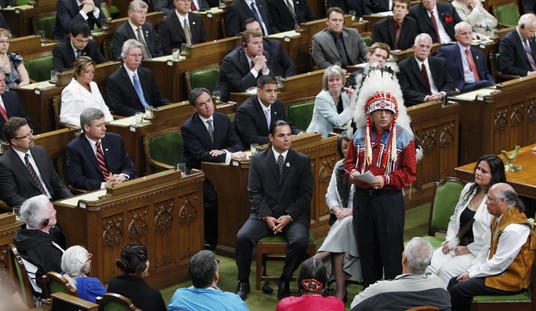The New Republic‘s Robert Lane Greene argues that much of the EU’s reflexive anti-Americanism may be born of a confusion over just what the hell Europe is:
How should power be balanced between big countries and small ones? Which powers should be given to the Union, which ones to the member states? Should there be a European army? A bill of rights? Should there be a strong, directly elected president of the commission, guiding the Union’s future? Or a bulked-up rotating presidency of the Council of Ministers, keeping power with individual members?
But the harder the Europeans try to answer these questions, the less satisfied they become. When Schroeder and French president Jacques Chirac attempted to hammer out the contours of the European presidency over dinner in early January–deciding that both the commission and the council should have strong executives–critics quickly complained of a sloppy back-room deal. But if back-room deals between two men are sloppy, the EU’s more formal way of resolving these problems is often even worse. After the 2001 Treaty of Nice made the EU’s already bewildering institutional framework even more so to prepare the Union for enlargement, Irish voters promptly stunned the rest of the continent by rejecting the treaty in a referendum. (One would have expected the Irish, of all people, to be ardently pro-EU, given that they’ve benefited enormously from the subsidies they’ve received since joining the Union in 1973.) It took a second referendum, identical to the first but with a vigorous “yes” campaign by the government, to get the “right” result.
Europe is as confused on its so-called collective policies as it is about its own design.
And when in doubt, blame the Americans. Why, it’s as European as anti-Semitism!










Join the conversation as a VIP Member